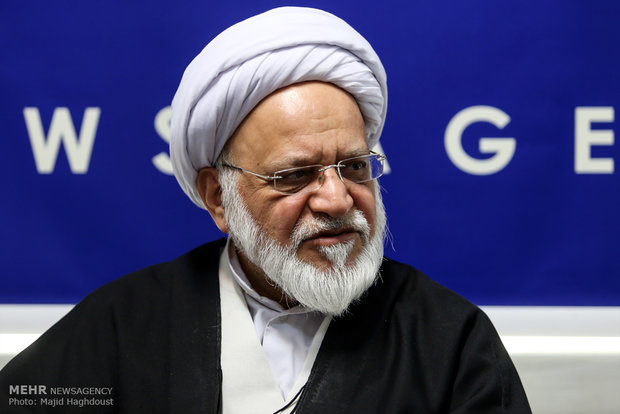Gholamreza Mesbahi Moghadam told Mehr correspondent on Wednesday that the one-year deadline for the Expediency Council to evaluate the ‘Palermo’ bill against the country’s national interests has come to an end, and the issue is basically no longer on the Council’s agenda.
“The deadline for reviewing the CFT bill is not over yet,” he added.
The Paris-based Financial Action Task Force (FATF), a global anti-money laundering body, has given Iran a final deadline of February 2020 to implement a set of four bill to meet the standards set by the watchdog.
Last October, Iran's Parliament passed the four bills, but only two of them have so far gone into effect.
The Expediency Council is in charge of deciding the fate of the two other bills, namely one on Iran’s accession to the United Nations Convention against Transnational Organized Crime, commonly known in Iran as ‘Palermo’, and the other one a bill amending Iran’s Combating the Financing of Terrorism (CFT) law.
“With Iran under the most severe sanctions, accession to such conventions is an act of self-imposing sanctions,” the EC member said, adding “When the US is seeking to restrict Iran’s financial relations, it is not in the country’s best interest to make its dealings transparent to institutions such as FATF.”
He also stressed that for Iran to be put on the FATF’s blacklist after the Feb. deadline runs out, all member states must come to an agreement.
MNA/4775348
